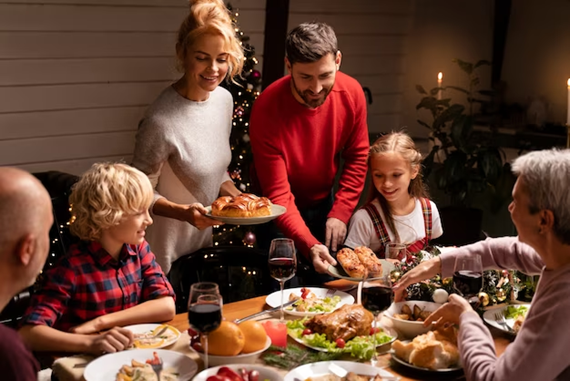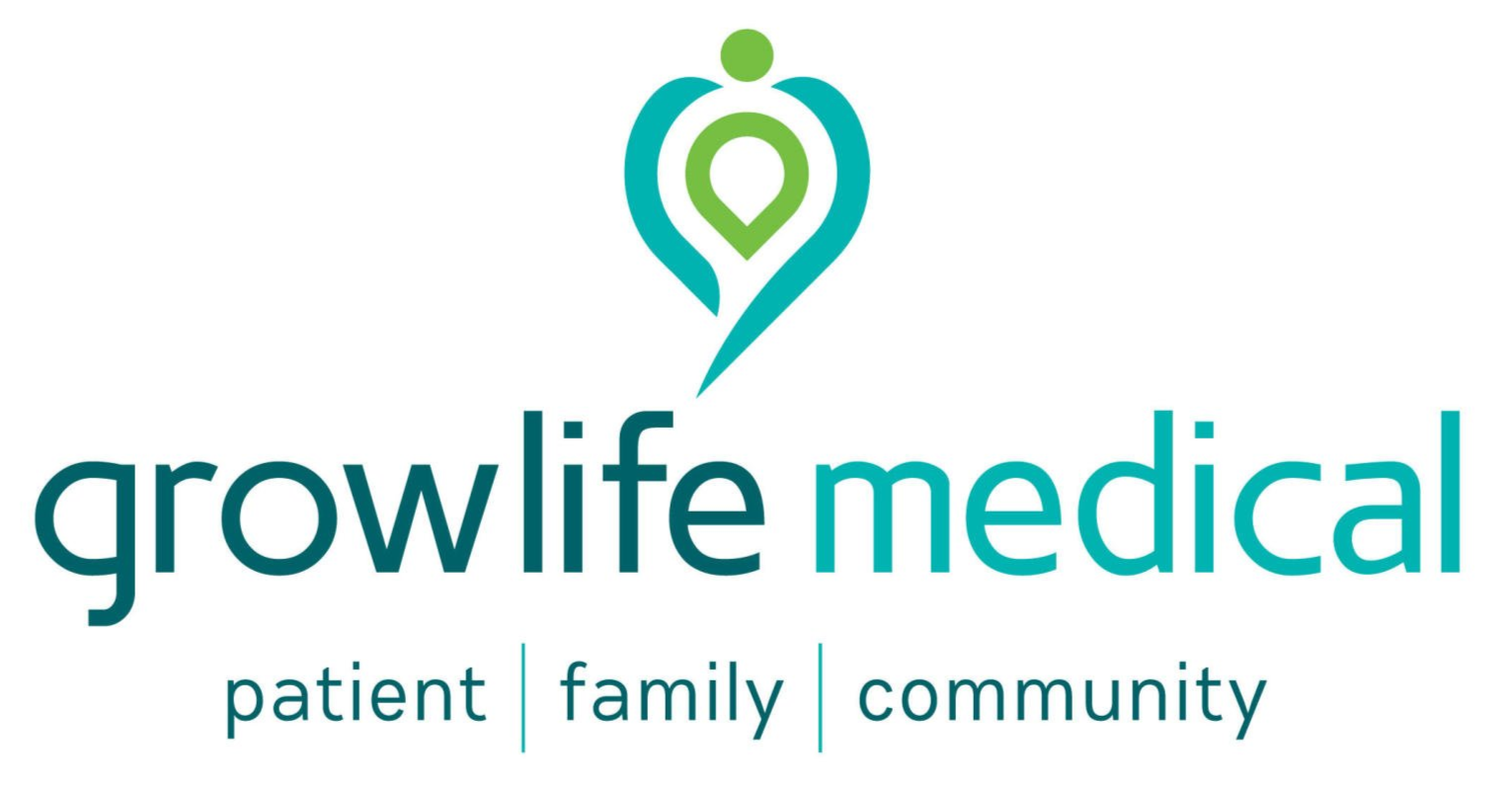Avoiding the feast and famine mentality this festive period
Once again Christmas is just around the corner! Christmas can be a time of joy and connection, but for many people the festive period can be stressful for a variety of reasons. One such reason may be food. The good news is that it does not have to be this way! It is possible to navigate the festive period in a less stressful manner, enjoy traditional and favourite foods, and take care of yourself.
When it comes to navigating food and eating at Christmas time, it can feel like there are only two options. Famine – not allowing yourself to eat any of your favourite foods. Or feast - thinking ‘why not’ and eating ALL the Christmas food for the two months that it is in abundance. The latter might be followed by a promise to once again ‘be good’ once Christmas is over, or once the new year has started. While neither of these options is inherently wrong, the chances are that neither will leave you feeling good.

Out with the ‘all or nothing’ mindset, in with the ‘for the most part’ thinking...
Before we jump into tips to help you navigate the festive period, let us touch on an idea that can be helpful all year-round. In my work with clients, I frequently discuss the idea of shifting thinking from ‘all or nothing’ to ‘for the most part’. What does this mean? Rather than falling into the trap of thinking that it is only worth changing if you can commit to doing something all the way and 100% of time, ‘for the most part’ thinking allows us to make smaller, more sustainable changes that offer a greater level of flexibility.
What does this look like? Let’s say due to a busy period in your life you’ve been ordering takeaway most nights. It's natural to immediately jump to thinking, ‘I need to start cooking all my meals at home and making sure they are all healthy and perfectly balanced’. In contrast, ‘for the most part’ thinking may sound a little more like, ‘I’m going to aim to cook more meals at home and include some vegetables most of the time’.
The festive period
When it comes to eating over the festive period, it is important you show yourself kindness and compassion, and know that it is possible to enjoy your favourite foods and drinks in a guilt-free environment!
- How to allow yourself to enjoy your favourite foods
It’s extremely common for people to feel that they cannot be trusted around certain foods, and therefore to not allow themselves to eat them at all. The pitfall of this approach is that, as humans, when we tell ourselves not to think about something, we tend to think about it more. Constantly restraining ourselves leads us to us feeling deprived, and eventually ‘giving in to temptation’ and eating more than makes us feel comfortable. People tend to mistakenly interpret this as evidence that they were right and double down on restricting these foods, therefore starting the cycle again.
So, what can we do instead? Rather than trying to avoid your favourite foods, try these tips:
Try to be present and mindful when eating. When we get distracted, we don't truly experience the taste, texture, appearance, or smell of the food, meaning that although we are physically eating the food, we are not actually getting the opportunity to enjoy it. Mindful eating can help us to fully experience what we are eating. The goal of mindful eating isn't to eat less, it's to be more aware of the food and the experience of eating. You can do this by:
- Taking the time to sit down and eat, free from distractions
- Engage your senses. How does the food look, smell, taste and feel?
- How does the food taste at the start, middle and end of the meal or snack?
- Take the time to taste, chew and enjoy your food. This allows your body to register the experience and enjoyment of eating.
- Please note that mindful eating may not be achievable or appropriate for everyone, for example, those in eating disorder recovery or neurodivergent folks, who may find mindful eating confronting or unsafe.
2. Notice the things that you are telling yourself about these (or other) foods.
Although it is common for us to mentally restrict fun foods (A.K.A. those usually labelled as ‘junk’, ‘unclean’ or ‘discretionary’), for reasons outlined above it does not tend to be particularly helpful. Instead, it can be helpful to shift our focus to how those foods will make us feel. For example, how do I feel physically and mentally if I skip my meal and opt for cake only, how soon do I get hungry again after eating cake as a meal?
3. Don't feel that you need to make a healthy version of your favourite food or recipes.
Think about your favourite indulgent comfort food... whether its potatoes roasted in duck fat, trifle, mac and cheese or a fresh loaf of bread with butter and vegemite. Sure, you can swap out duck fat for olive oil or make the trifle with yoghurt instead of cream, but do you enjoy this as much as the original version? Often these healthy swaps result in a less satisfying version of the meal, which will only leaving you wanting more or something else to meet that desire. If you’ve ever found yourself craving an ice cream and opting for the ‘healthy’ yoghurt or fruit instead and then later going back for the ice cream anyway, then you know this feeling! If these are foods that you only having from time to time, why not give yourself permission to enjoy the real thing and see what difference this makes!

Regular eating to avoid over-eating
Have you ever felt the need to skip a meal, ‘save calories’, or restrict food afterwards in order to ‘make up for’ an indulgent meal? While there is no set amount of times per day that you need to eat, deviating from relatively regular meals increases the chances of eating past the point of comfortable fullness when you next eat. Rather than skipping meals or snacks, eat at regular times during the day.
And finally if you do overeat - make yourself comfortable!
Eating past fullness is a normal part of eating (and being human), how we handle this is the most important thing:
- Be kind to yourself. Firstly, eating past the point of being comfortably full is not a moral failing. Secondly, being critical or judgmental will only make you feel worse. Instead of saying, ‘I’m awful, I can’t even get eating right’, try something like, ‘I was really enjoying this food and now I feel too full. I wonder how I can help myself feel better right now?’
- Get comfy! Avoid tight waist bands, or clothes with little stretch in them. For me, if I’ve been out for a particularly enjoyable meal and eaten past the point of comfortable fullness, nothing feels better than getting into oversized pyjamas. Get into a comfortable position, whether that be laying down to reduce the pressure on your stomach or leaning right back into that comfy chair of yours. Also note that it may be helpful to keep your head elevated to prevent reflux/regurgitation.
- Use a hot water bottle/wheat pack on your stomach.
- Resist the urge to restrict your eating at the next meal or the next day. Remember that restriction will increase the chances of you overeating in the future.
- Remember that the fullness will pass.
Keep in mind that healthy eating is all about balance (yes, this includes fun foods too!). No one food or meal has the power to make or break our health. Let’s also not forget that constant worry and stress are not great for health, so constantly stressing over which food is healthier should be reduced. Not to mention the fact that this stress takes us out of the moment and can often prevent us from truly being present with family and friends.
If you need support in figuring out how to incorporate these strategies in your day-to-day life, or would like to learn more, our Dietitian and Intuitive Eating Counsellor Andrea is here for you. You can book an appointment with Andrea without a referral here
Wishing you a joyful holiday season! See you in 2024.
Connect
Clinicians: please forward clinical correspondence via Medical Objects Secure Messaging. Fax no longer accepted.
